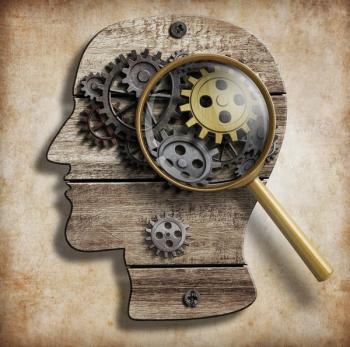
Slow voluntarily regulated breathing practices are noninvasive, easy to learn, and generally safe for treating patients with symptoms of anxiety, insomnia, depression, stress- and trauma-related disorders, ADHD, schizophrenia, and substance abuse.

Slow voluntarily regulated breathing practices are noninvasive, easy to learn, and generally safe for treating patients with symptoms of anxiety, insomnia, depression, stress- and trauma-related disorders, ADHD, schizophrenia, and substance abuse.
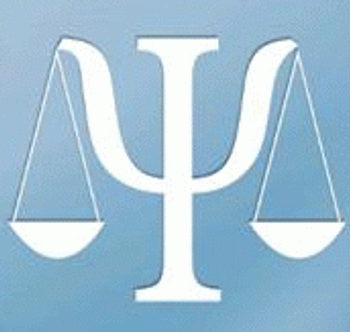
What potential clinical and medical effects of lead exposure remain today?
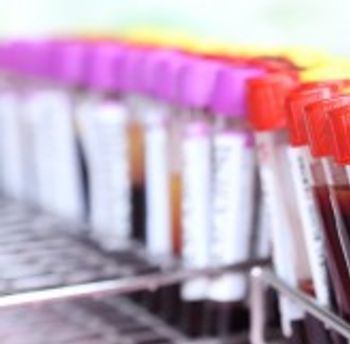
Several new findings have emerged, one of which comes very close to providing a noninvasive “lab test” for bipolar disorder.
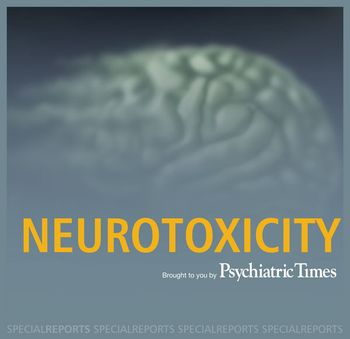
A growing body of scientific literature associates psychiatric symptoms with man-made toxic substances and environmental exposure. Practical implications for psychiatrists are discussed in this Special Report collection.
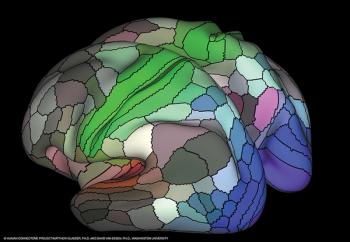
Is it time again for greater unification of neurology and psychiatry?

What are the manifestations of methamphetamine toxicity?

Among patients with treatment-resistant MDD, transcranial magnetic stimulation wins the popular vote.
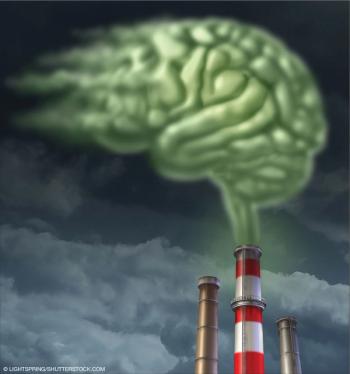
A report on the psychiatric effects of environmental and chemical toxins.

When ADHD is present, a survey of possible lead exposure can be considered, and here's why.

On the association between symptoms of autism spectrum disorder with environmental toxin exposure.
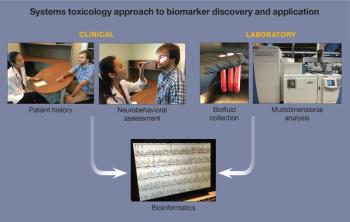
Recent research in neurotoxicology has underscored the importance of chemical exposures as facilitators of neurological dysfunction.
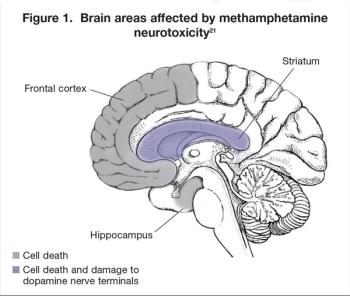
Here: devastating short- and long-term behavioral and physiological effects of methamphetamine neurotoxicity and the implications for treatment.
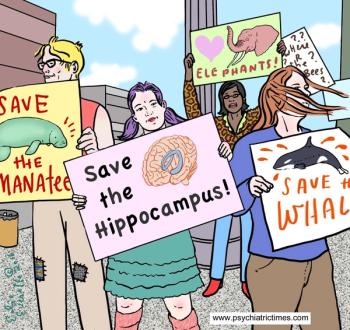
Is the hippo [campus] an endangered species?

Unrelenting belief in the goodness of humankind while confronting an uncommon disease.
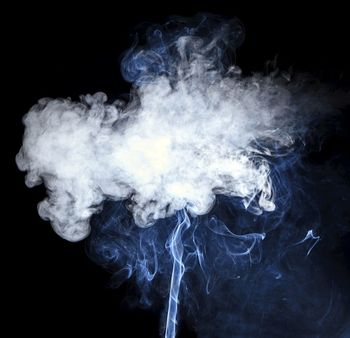
Details of a randomized trial of an alpha-7 nicotinic receptor agonist in schizophrenia.
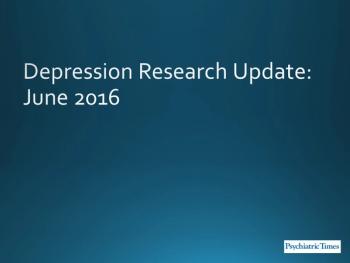
Three new studies focus on risk factors for the development of depressive disorders.
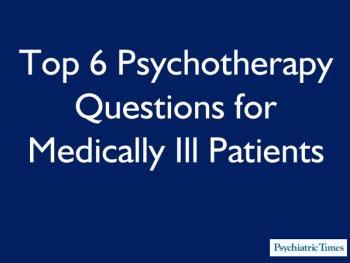
A brief psychosocial tool that offers compassionate, tailored care using existential neuroscience, a new perspective for conducting bedside psychotherapy.
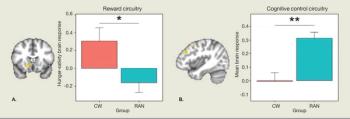
New insights into neural pathways that play a role in anorexia nervosa, bulimia nervosa, and binge eating disorder.

Eating disorders are second only to substance-abuse disorders in having the highest mental illness mortality rate. How do we assist the patient in moving forward?
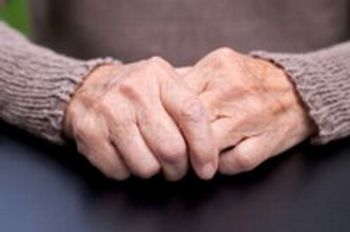
With aging, a multitude of medical conditions can occur and/or existing conditions can be exacerbated, contributing causally to or amplifying neuropsychiatric comorbidities.
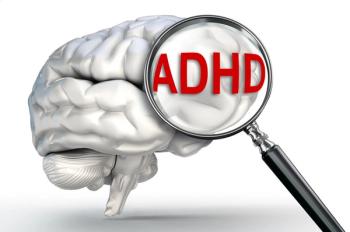
This nondrug intervention may enhance cognition in children with ADHD.
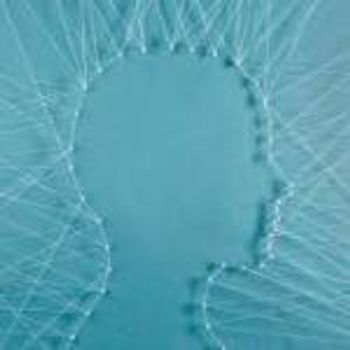
There is more to BPD than meets the eye. A complex interaction exists between environmental, anatomical, functional, genetic, and epigenetic factors.

A quick guide to common neurodevelopmental conditions and their associated late-life neuropsychiatric manifestations.
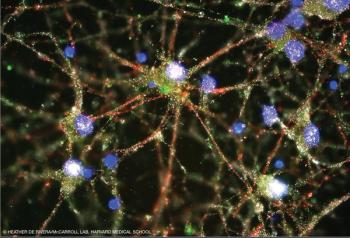
The identification of a genetic risk factor has shed light on the underlying neurobiology of the disorder.
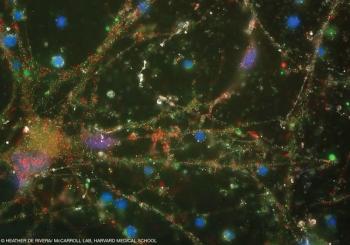
Groundbreaking work by a Harvard team represents a bold step in our journey toward understanding schizophrenia.